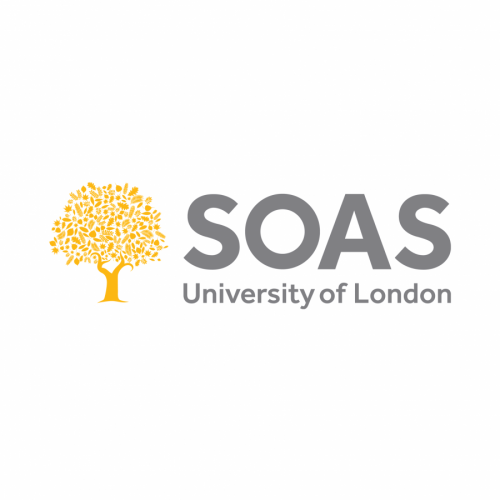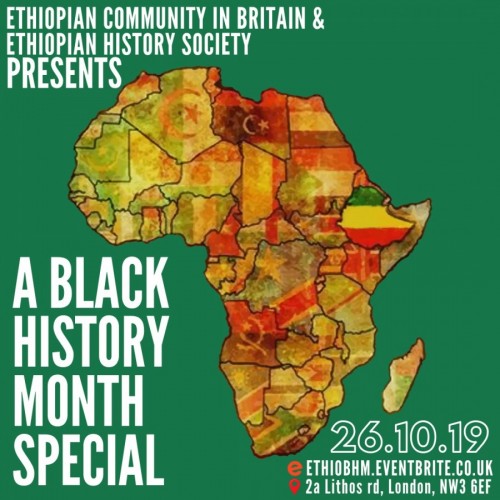Chinese NGOs in Sub-Saharan Africa: A Case Study of Ethiopia &Malawi - 03.06.15
Opportunities and Constraints for the Expansion of Chinese NGOs in Sub-Saharan Africa: A Case Study of Ethiopia and Malawi, by Jennifer Y.J. Hsu (Assistant Professor, University of Alberta)
NGOs have been critical to meeting the social welfare needs and have contributed to social development in Ethiopia and Malawi, as well as China. Since the 10th Five Year Plan (2001-2005) where the Chinese government outlined its “Going Out” strategy, Chinese businesses have made substantial investments abroad, including sub-Saharan Africa. Trailing Chinese investments abroad have been its development assistance.
Much of China’s development assistance does not conform to the guidelines set out by the OECD, but rather come as part of an economic package it delivers to the recipient country. Tracing such logic of overseas investment and development assistance, we expect that Chinese NGOs will in the short to medium term future enter into the development arena in the region. However, our research in Ethiopia and Malawi highlight some critical areas where Chinese NGOs may face entry barriers, but also opportunities to address the development needs in the country.
Our research indicates that political systems whether authoritarian or democratic will likely pose a range of challenges to Chinese NGOs entering. Consequently, we argue that the authoritarian nature of Ethiopia’s political system is unlikely to pose a significant advantage for Chinese NGOs entering, due to the strict 2009 Proclamation for the Registration and Regulation of Charities and Societies. In Malawi, we see challenges of a different kind. Its young democracy has presented NGOs the opportunities to assume the role of watchdog of the government and have played an important role in the process of consolidating Malawi’s democracy. Thus, Chinese NGOs may have to contend with issues including governance, accountability and transparency.
Its young democracy has presented NGOs the opportunities to assume the role of watchdog of the government and have played an important role in the process of consolidating Malawi’s democracy. Thus, Chinese NGOs may have to contend with issues including governance, accountability and transparency.
Jennifer Y.J. Hsu is Assistant Professor in the Department of Political Science at the University of Alberta, Canada. She is currently an Academic Visitor at the University of Oxford’s China Centre. She earned her PhD at the University of Cambridge and has previously taught in the Department of Sociology at the State University of New York at Binghamton. Her research interests broadly cover state-society and state-NGO relations and, the growth of civil society in China. She is working collaboratively on the internationalization of Chinese NGOs and their role in international development. She has published in various journals including Urban Studies, Progress in Development Studies, Journal of Contemporary China and The China Quarterly. Her recent publications include a co-authored book HIV/AIDS in China – The Economic and Social Determinants and a co-edited volume NGO Governance and Management in China.
Organiser: SOAS China Institute
Contact email: sci@soas.ac.uk

















